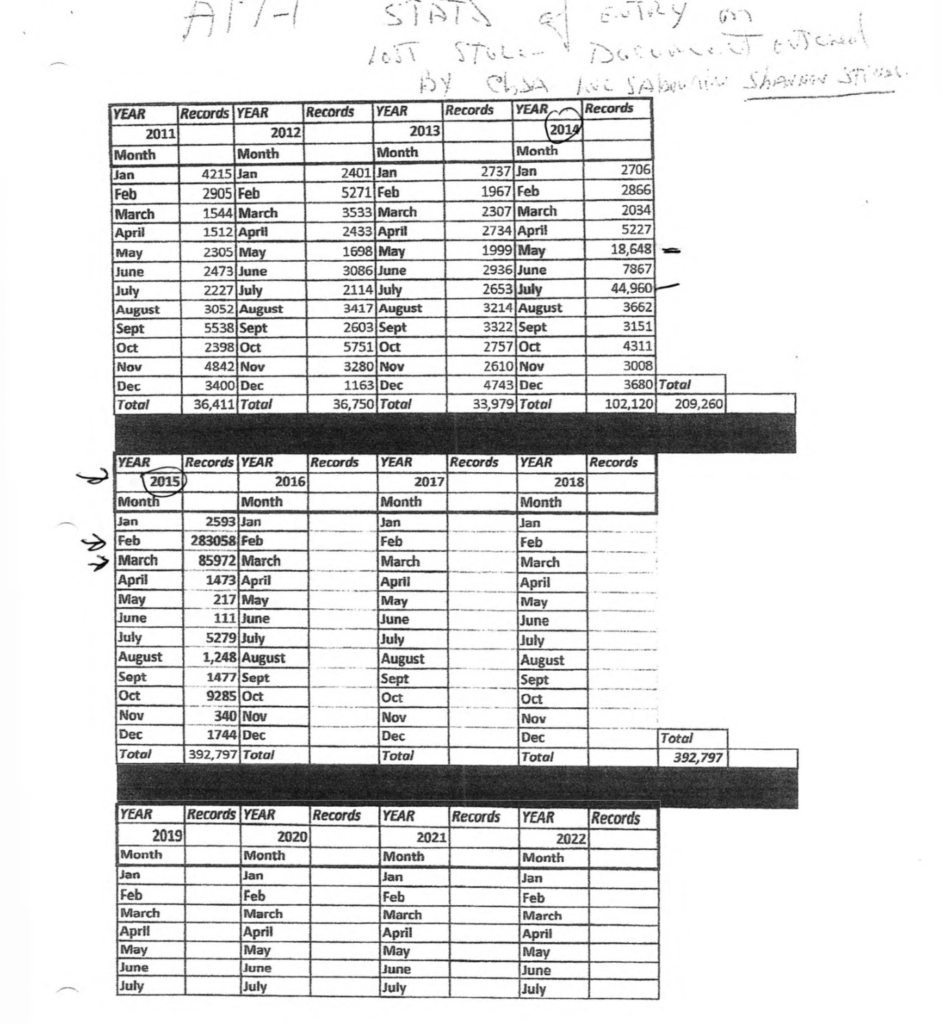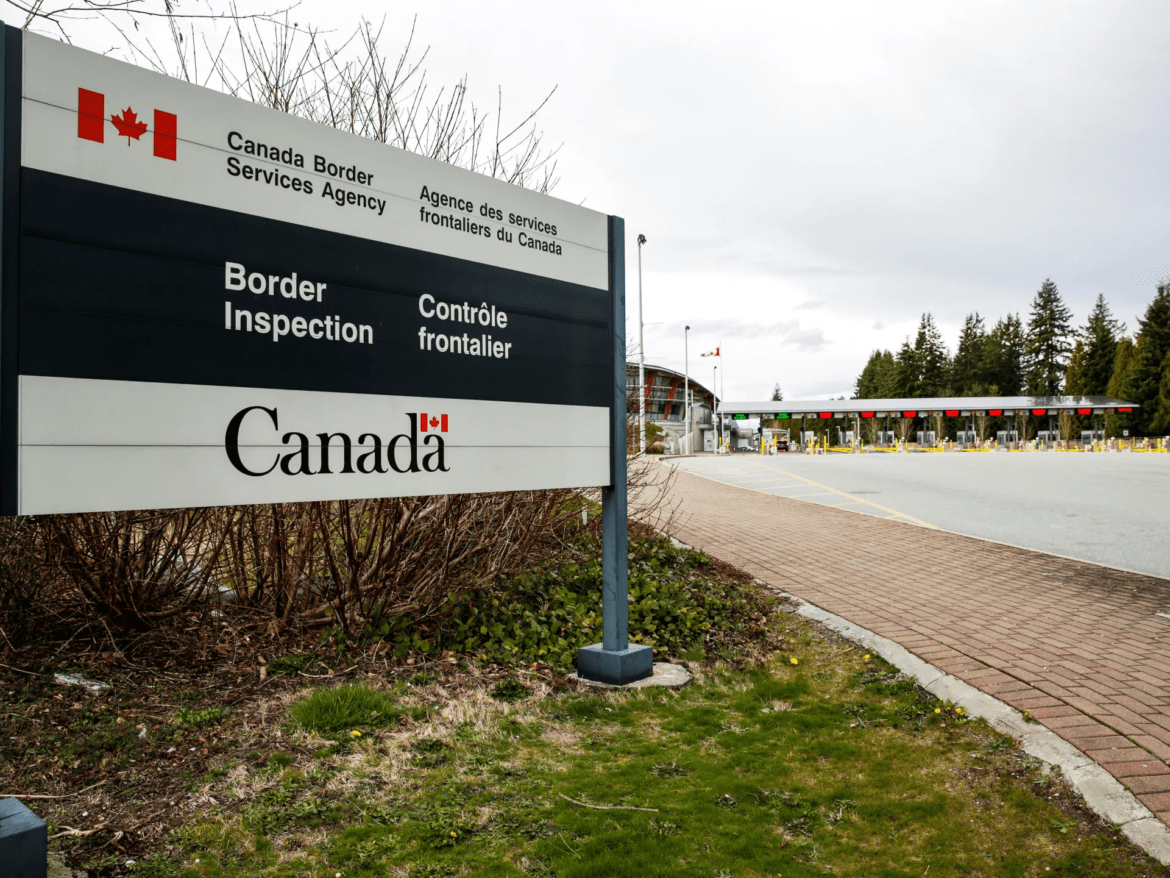AI Generated Summary
- I will testify for you in parliament about the issues I have faced during my employment at the cbsa ,that are reflective of the situation we are facing today.
- He cites an incident where emails detailing a suspected smuggling operation disappeared from internal systems, raising questions about whether the agency’s failures are rooted in negligence, corruption, or both.
- As independent MP Kevin Vuong noted in a recent post, the looming tariffs from the U.
The Canadian border is under scrutiny, and for good reason. Luc Sabourin, a former officer with the Canada Border Services Agency (CBSA), has made explosive allegations that point to systemic failures compromising not only Canada’s national security but also its critical relationship with the United States. These accusations come at a time when the U.S., under the Trump administration, is preparing to impose crippling tariffs on Canada unless security vulnerabilities are addressed. Sabourin’s revelations demand immediate attention—not only for what they say about the CBSA’s internal failures but also for the broader implications for global security.
Folks, let's talk about what's really happening at the Canada Border Services Agency (CBSA). You've been hearing about the ArriveCAN scandal, and you must be wondering, what the hell is going on in there? Is it just an isolated incident with Botler AI and GC Strategies? Well, I… pic.twitter.com/2bpsgqRhhY
— Dan Knight (@DanKnightMMA) January 26, 2024
At the heart of Sabourin’s allegations is a massive theft of over 300,000 travel documents, including 283,000 blank passports, between 2014 and 2015. These documents, Sabourin claims, have likely been exploited by transnational crime networks, facilitating illegal entries into Canada and the U.S. He warns that these networks—including Mexican cartels and Iranian mafias—pose serious threats that have been ignored by CBSA leadership. Alarmingly, these passports remain a key currency in the global criminal underworld, capable of enabling human trafficking, terrorism, and organized crime.
Sabourin’s testimony paints a damning picture of a culture within the CBSA that prioritizes expediency over security. He recounts incidents where he flagged individuals as significant security risks, including one person allegedly tied to the September 11 attacks, only to be overruled by management. The pressure to clear cases quickly, Sabourin asserts, exemplifies a broader systemic neglect of national security concerns. In one particularly chilling account, he describes armed individuals smuggling migrants across the Quebec border—an incident he believes was covered up internally.
@KevinVuongMP I stand with you ! You are accurately representing the Canadian interest; I will testify for you in parliament about the issues I have faced during my employment at the cbsa ,that are reflective of the situation we are facing today. @BlendrNews @scoopercooper
— LUC Sabourin (@LsSabourin) November 27, 2024
The allegations are staggering in their breadth and consequence. According to Sabourin, CBSA managers have not only ignored critical security threats but may have actively undermined investigations. He cites an incident where emails detailing a suspected smuggling operation disappeared from internal systems, raising questions about whether the agency’s failures are rooted in negligence, corruption, or both.

The broader implications of these failures cannot be overstated. Sabourin’s sworn statement underscores a dire reality: Canada’s lax border policies and mismanagement are not just domestic issues; they are international ones. With U.S. Border Patrol reporting 358 individuals on the terror watchlist crossing from Canada, the stakes are clear. This is no longer a theoretical concern; it is a tangible threat to the safety of North America.
Canada’s government has proposed spending $1 billion on drones, helicopters, and other technological measures to address border security concerns. But as Sabourin argues, these reactive measures fail to address the systemic issues at the root of the problem. Without robust legal frameworks and a culture of accountability within the CBSA, Canada will remain vulnerable to exploitation by international mafias, human traffickers, and terrorists.
Canadian whistleblower-of-the-year award is going to Luc Sabourin tomorrow night, via @CFE_TMU
— Greg Macdougall (@GregEqEd) May 9, 2024
After exposing wrongdoing at #CBSA that was helping foil prosecutions, he experienced severe reprisals, including being doxxed to known mobsters. #cdnpoli
Read: https://t.co/SkH9LuQYbx pic.twitter.com/5RkbVSVbPg
Sabourin’s warnings come at a critical juncture. As independent MP Kevin Vuong noted in a recent post, the looming tariffs from the U.S. are not merely a trade issue—they are a security issue. The Canadian government must act decisively to restore trust in its border management systems, both domestically and internationally. This means not only investigating Sabourin’s claims but also implementing meaningful reforms to ensure that security is prioritized over bureaucratic convenience.
The CBSA has dismissed Sabourin’s allegations, claiming that procedures were followed in the destruction of passports and that his accusations have been thoroughly investigated. However, such reassurances ring hollow in the face of mounting evidence of systemic failures. The Canadian public—and its allies—deserve better.
Sabourin’s allegations are a wake-up call. Canada’s border is not just a line on a map; it is a critical juncture in the global fight against terrorism, organized crime, and human trafficking. The time for complacency has long passed. Canada must take swift and decisive action to secure its borders, uphold its international obligations, and restore faith in its institutions. Anything less would be a dereliction of duty with consequences that could ripple far beyond its borders.
The opinions expressed in this article are those of the author. They do not purport to reflect the opinions or views of Khalsa Vox or its members.




